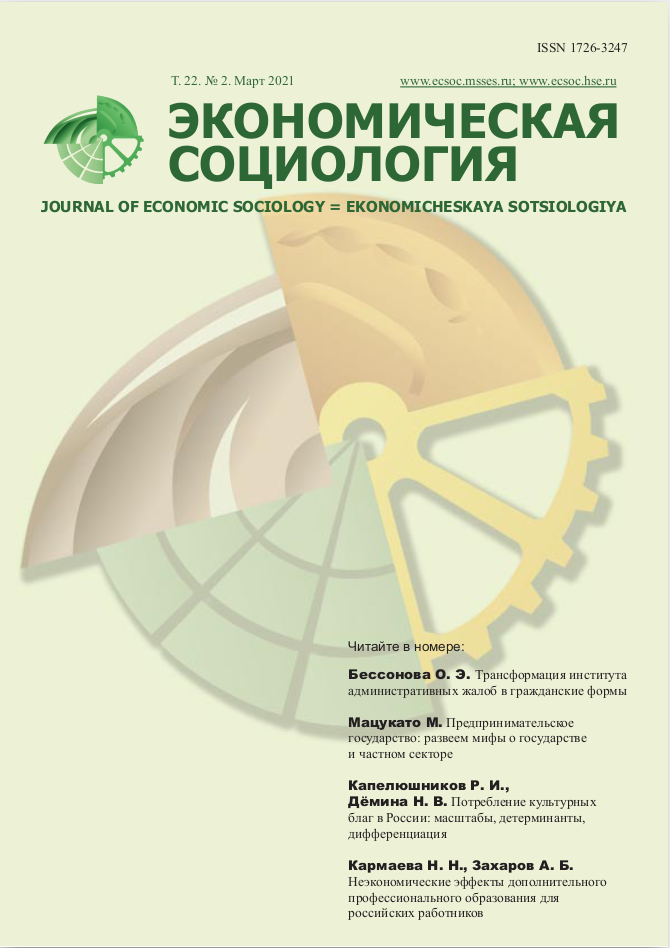The Exception that Proves the Rule: The Development of Central Banks as an Example of Successful Institutional Reforms in Post-Communist Countries
Book Review: Johnson J. (2016) Priests of Prosperity. How Central Bankers Transformed the Postcommunist World. Ithaca: Cornell University Press. 312 p
Abstract
Juliet Johnson is a researcher of politics and finance in the post-Soviet countries and chairperson of the Department of Political Science at McGill University. Her book Priests of Prosperity informs us about the history of the development of central banks in post-communist countries. This story is one of the most interesting episodes of post-Soviet institution building, presenting a rare example of the successful import of an institution birthed in developed democracies. The creation of independent central banks in the early 1990s was accompanied by the introduction of advanced economic approaches that did not exist in these countries. However, this process has completely succeeded, even in those countries where other reforms did not succeed. Johnson recreates this story in an extremely reliable and detailed way. Over a 15-year period, the author conducted more than 160 interviews in 17 countries; she also examined five of them more closely by using a case study and statistics. This investigation contains a large amount of unique empirical material. In addition, it presents the author's own theoretical approach. Johnson's book is not only an example of serious large research, but is also an example of using the institution transplantation model. The book received a number of positive reviews in leading journals on the post-Soviet region as well as prestigious international awards. This review briefly presents the contents of the entire book, containing the opinions of some authors while also discussing in detail certain points of the book that seemed most interesting to the author of this review.













